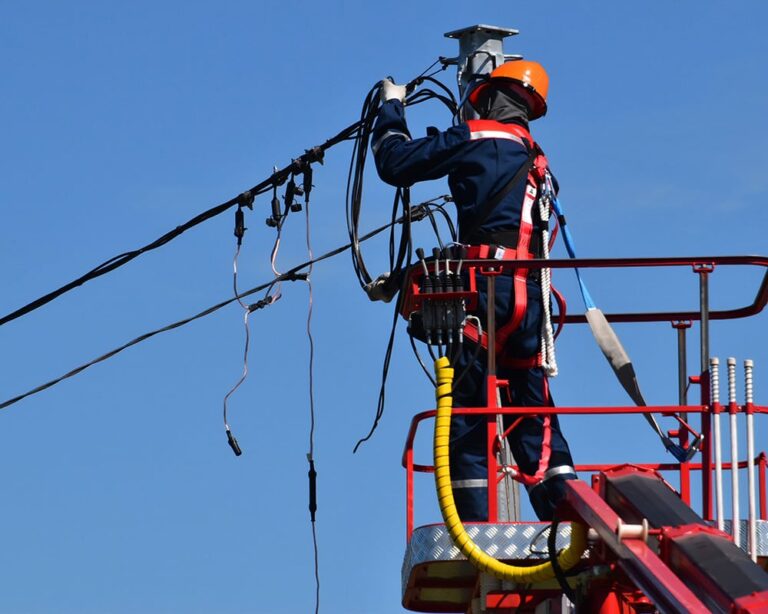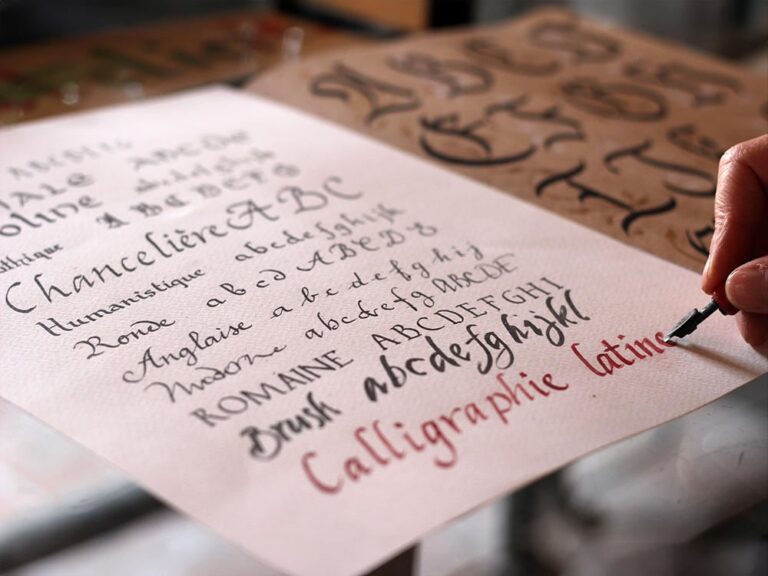sont, ont, font, vont
In French, certain verbs such as “être” (to be), “avoir” (to have), “faire” (to do/make), and “aller” (to go) have unique conjugation patterns. Interestingly, the third person plural forms (“they” form) of these verbs all end in “ont.” No other French verbs have the “they” form ending in “ont.” This article will explore the present tense conjugations of these verbs and provide examples of their usage.
Conjugations in the Present Tense
How to conjugate each of these verbs in the present tense.
- Être (to be)
- Je suis (I am)
- Tu es (You are)
- Il/Elle/On est (He/She/One is)
- Nous sommes (We are)
- Vous êtes (You are)
- Ils/Elles sont (They are)
- Avoir (to have)
- J’ai (I have)
- Tu as (You have)
- Il/Elle/On a (He/She/One has)
- Nous avons (We have)
- Vous avez (You have)
- Ils/Elles ont (They have)
- Faire (to do/make)
- Je fais (I do/make)
- Tu fais (You do/make)
- Il/Elle/On fait (He/She/One does/makes)
- Nous faisons (We do/make)
- Vous faites (You do/make)
- Ils/Elles font (They do/make)
- Aller (to go)
- Je vais (I go)
- Tu vas (You go)
- Il/Elle/On va (He/She/One goes)
- Nous allons (We go)
- Vous allez (You go)
- Ils/Elles vont (They go)
Usage Examples
How to use the third person plurals of these verbs in a sentence.
- Être (to be)
- Les étudiants sont dans la salle de classe. (The students are in the classroom.)
- Les fleurs sont magnifiques cette année. (The flowers are beautiful this year.)
- Avoir (to have)
- Les enfants ont des jouets nouveaux. (The children have new toys.)
- Mes amis ont une grande maison. (My friends have a big house.)
- Faire (to do/make)
- Les athlètes font de l’exercice tous les jours. (The athletes exercise every day.)
- Les chefs font un repas délicieux. (The chefs make a delicious meal.)
- Aller (to go)
- Les touristes vont visiter le musée demain. (The tourists are going to visit the museum tomorrow.)
- Mes parents vont souvent à la campagne. (My parents often go to the countryside.)






